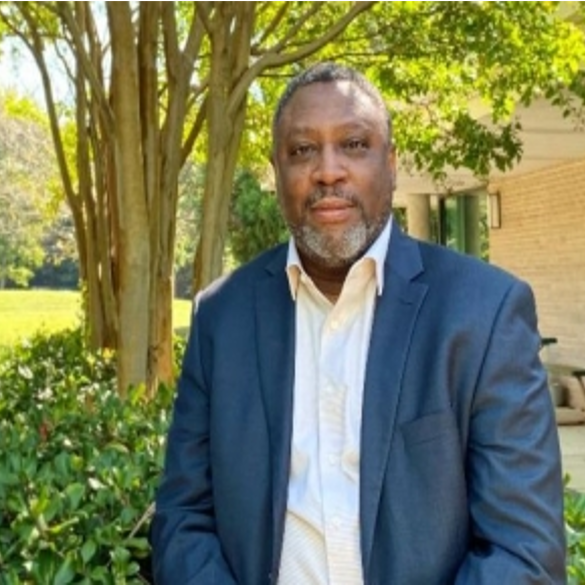
Providing Capital for BIPOC Businesses
Black and Hispanic families hold significantly lower percentages of their household assets in the form of business and financial assets, and higher percentages in housing and depreciating assets. The lower levels of diversification in family balance sheets, combined with concentration in assets that show lower appreciation over time, are among the factors that have contributed to a growing racial wealth divide.
Providing small business debt products to these populations is complicated. A CDFI is a Community Development Financial Institution that aims to serve low-income and minority populations. CDFI small business lenders incur higher costs due to the complexity and risk of underwriting the loans, receive less revenue due to their short-term, smaller-dollar nature, and contend with difficult financial constraints as a result. Given their community development objectives, these CDFIs do not pass all their costs on to borrowers. Because of this, CDFIs typically require subsidy in order to service clients and remaining operational.
The Truist Partnership is allowing CornerSquare to solve many of these problems. By dedicating up to $200MM in loan capital, the loan participation program is aimed exclusively at CDFIs and MDIs (Minority Depository Institutions). Its initial design is based on purchasing a subordinated 25% stake in loans. Client relationships, loan servicing, etc. will remain at the lender level. Purchasing a 25% subordinated stake simultaneously addresses the lack of assets of minority borrowers (the subordinated portion addresses loan-to-value concerns for the lender) and the liquidity and leverage issues of the CDFI (returns 25% cash and reduces required loan loss reserves).
We are launching the program in Truist territories. Once established, in consultation with Truist we will consider expansion across the country. When fully deployed, the $200MM program will support more than $800MM in small business lending to underserved communities.
SCALING:
THIS EFFORT SERVES AS A MODEL FOR OTHER FINANCIAL INSTITUTIONS TO CREATIVELY DEPLOY BUSINESS CAPITAL NATIONALLY AND GLOBALLY TO SUPPORT BIPOC BUSINESSES

Armeer Kenchen
Executive Director of the Small Business Credit Initiative and CornerSquare Community Capital